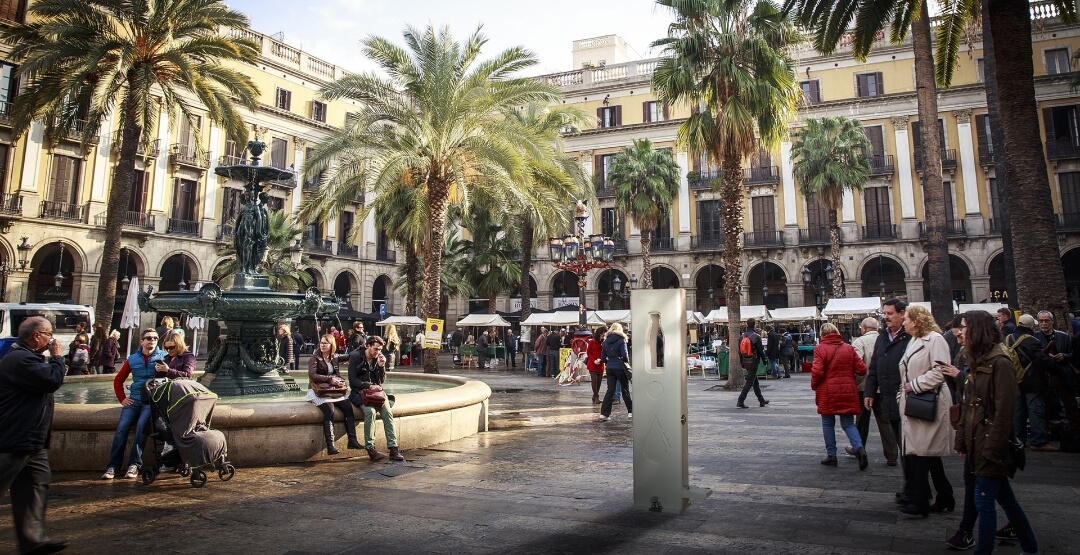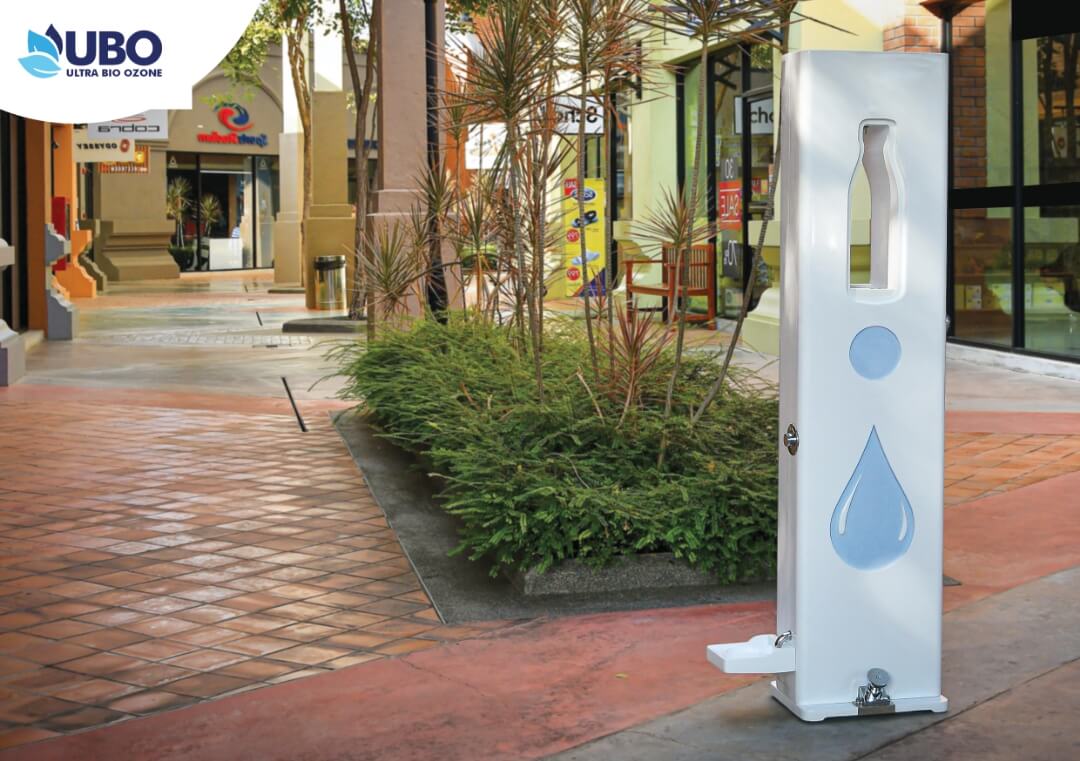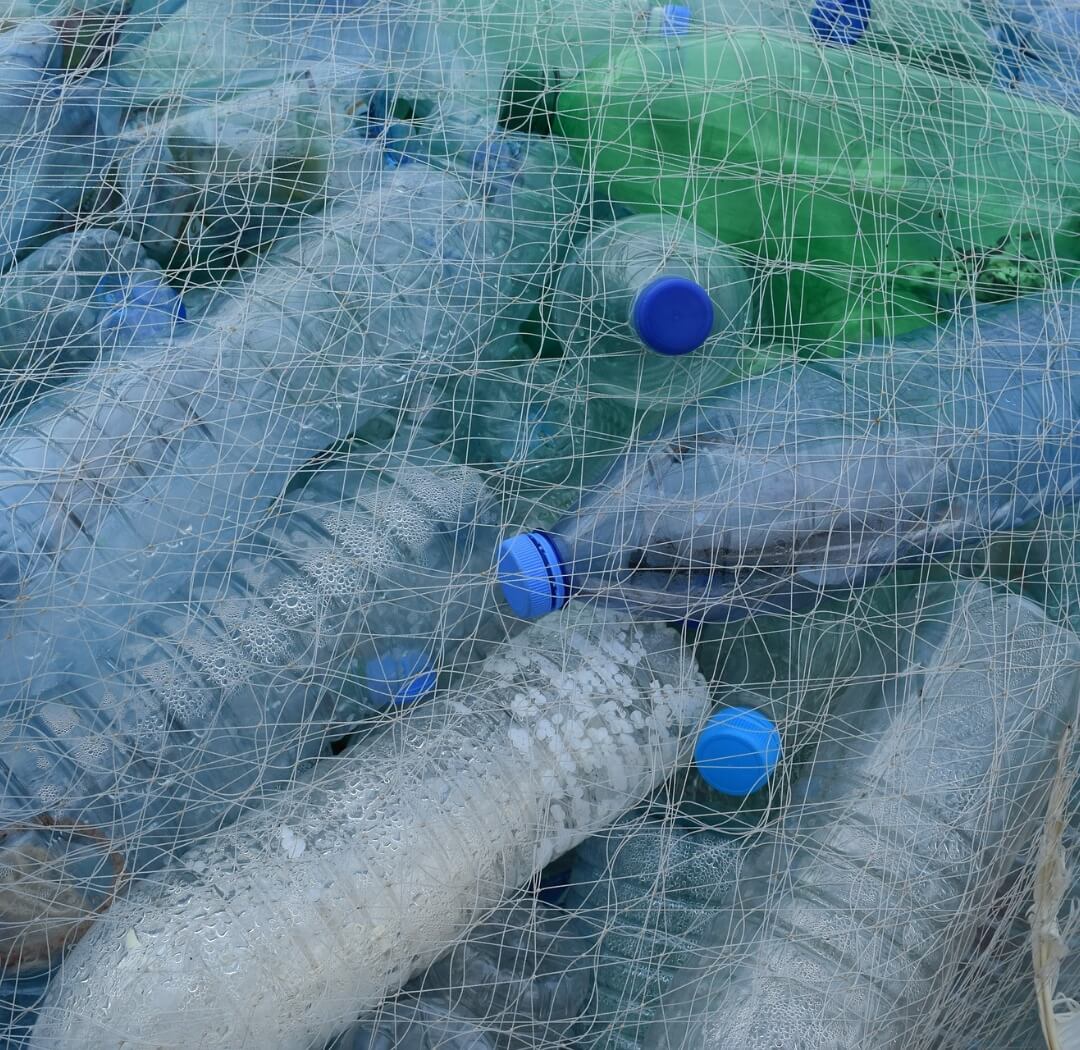
Urban fountains, including water dispensers for public use, are a solution that seemed to have been left aside in favor of the mass distribution of packaged water, and which is now gaining increasing popularity.
Many countries have not waited for an anti-waste law, as is the case in France, to equip their hospitals, places of education, museums, performance halls, airports, train stations or even shopping malls with it.
Many municipalities have also made this choice for the well-being of their citizens without waiting for higher directives. In a world where access to quality drinking water seems subject to the rules of mass distribution, urban fountains make it possible to give citizens a real economic and eco-responsible choice for their hydration.
Quality drinking water
Increasing the number of drinking water access points in public places and in establishments open to the public is a relevant approach from a health point of view which is supported by the majority of citizens. The new generation urban fountains make water accessible to all, not only drinkable and free, but also microfiltered, and therefore purified of residual pollutants typically found in free drinking water.


Water at a lower cost
In addition to the health benefit, urban fountains invite users of public spaces to reduce the use of single-use containers, which are much more expensive than reusable containers, such as glass bottles or stainless steel water bottles.
If we compare the price of single-use water bottles, with a liter at 30 euro cents on average, to that of tap water, with a liter at 0.3 euro cents on average, we we realize that the water from the supermarkets costs us at least 100 times more. This is not economically acceptable.
What’s more, we pay twice the price of water in plastic packaging from supermarkets: single-use plastic containers confront us with a very sad reality, that of an ecological disaster that we must now stop.
An environmentally-responsible approach
It is estimated that 400 million tonnes of plastic are produced in the world each year, compared to only 2 in 1950. Of these 400 million tonnes, more than 150 million tonnes are used solely by the packaging sector and are used in the manufacture of unique packaging. In France, more than 60% of plastic waste produced is in containers, and one French person consumes 180 single-use plastic bottles per year, making him or her one of the biggest consumers of plastic water bottles in the world. This raises the question of the disposal of single-use plastic containers.
It is estimated that the installation of a single urban water cooler can save more than 50,000 plastic bottles in a year. In addition, the transport of water packs from source to point of sale contributes significantly to total greenhouse gas emissions. Urban fountains have a positive impact on the environment by greatly reducing this need and the carbon impact of public spaces.
Finally, fountains allow us to rethink the way we consume water, by favouring reusable containers for hydration, such as glass bottles that can be recycled ad infinitum, or water bottles made of different materials, which have a life span of several decades.


An obligation for public spaces and establishments open to the public
The French anti-waste law has several objectives: to reduce waste, to better inform consumers and to act against waste. After banning the sale of single-use plastic containers, it will go further in January 2022 with the obligation to equip each establishment receiving the public and public spaces receiving more than 300 people with at least one water fountain.
This mainly concerns establishments open to the public in several sectors such as health, education, culture and the economy (airports, stations and shopping centres, for example).
We can therefore consider that there is an emerging political will to equip our public places with water dispensers, and this phenomenon is developing almost everywhere in the world. The San Francisco airport has banned the sale of plastic bottles and has installed a hundred water dispensers for ecological reasons.
Urban fountains are thus in the process of reshaping the urban landscape in a sustainable way. They reaffirm the right to hydrate in good sanitary conditions and at an affordable cost, while affirming our desire to act for the good of the planet.
